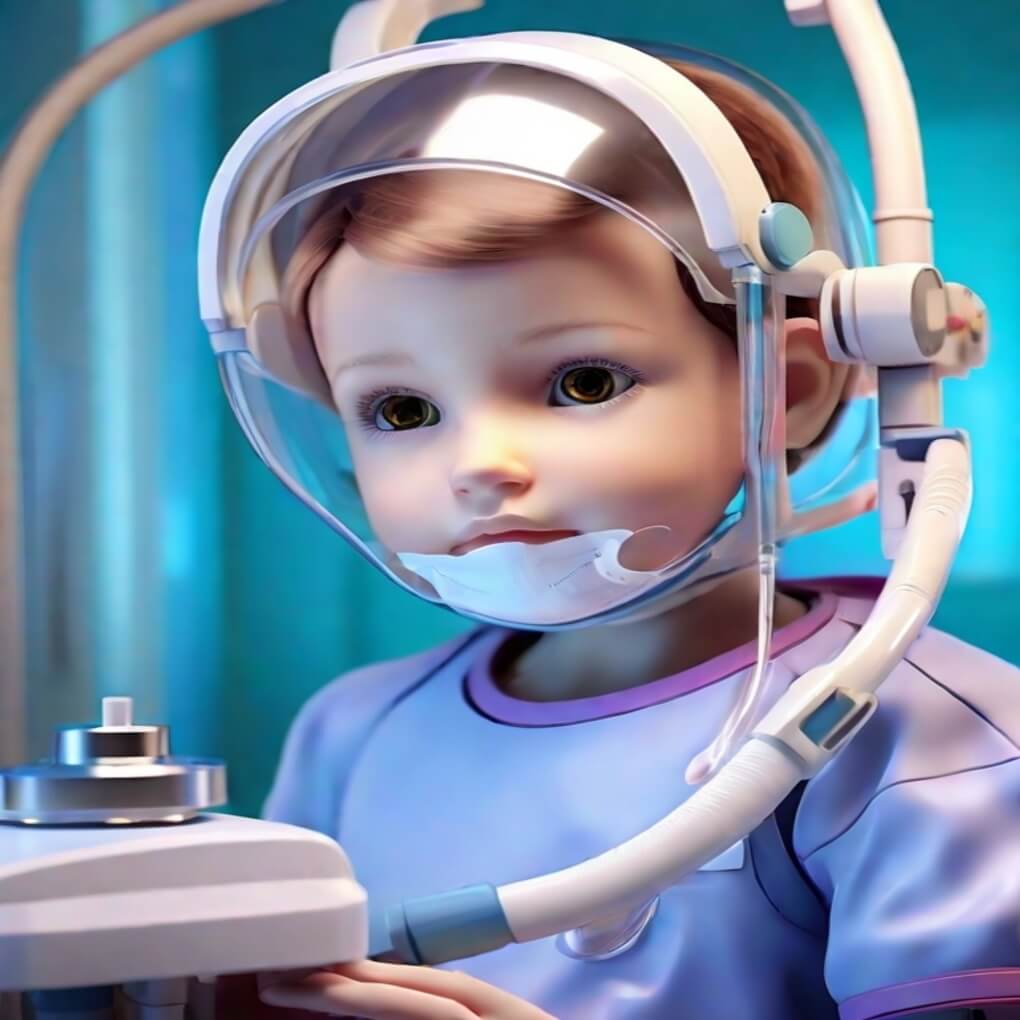The rapid integration of artificial intelligence (AI) across various sectors has ushered in new challenges and opportunities, particularly in the realm of education and training. As AI becomes increasingly pervasive, it is essential for educators and trainers to not only comprehend its capabilities but also to impart this knowledge to students and apprentices who will navigate careers inevitably shaped by AI. The journey towards the fourth industrial revolution demands educators who are well-versed in AI trends and can guide the next generation towards AI-informed career decisions.
The current landscape
While concerns surrounding emerging technologies are not novel, the field of education is not exempt from their impact. In the face of these concerns, educators must provide a curriculum and guidance that empowers students and apprentices to make informed decisions about their future paths. With years of experience in aviation and construction, we firmly believe that AI education should be comprehensive and rooted in industry insights. This approach ensures that apprentices enter the workforce with a clear understanding of how AI will influence their roles.
Apprentices must be equipped with the knowledge that the ways tasks are executed today might not be the norm in the coming years. Everyday processes such as data recording, product ordering, and measurements will increasingly rely on digitization and automation. Although AI may eventually perform these tasks, a human touch will remain essential to guide AI and input crucial data. Training apprentices to collaborate with AI will be a fundamental aspect of their education.
Aligning with industrial trends
Industries are already experiencing shifts due to AI, and both aviation and construction are prime examples of this transformation. In aviation, AI is revolutionizing various aspects, including passenger travel. AI is being used to scan airport baggage and match it with passengers, potentially replacing traditional labeling methods. Research is also underway to explore AI’s role in pilot clearances for take-off. Similarly, AI is rapidly reshaping the construction sector by enhancing building design, boosting efficiency, and enabling scenario forecasting and outcome calculation.
To prepare students for these evolving landscapes, training providers should integrate AI-related concepts into their curricula. Employers are actively seeking individuals who possess AI-related skills or the potential to acquire them. Therefore, educators should take the initiative to equip students with this knowledge, giving them a competitive advantage in the job market.
Incorporating AI into education
Teaching AI in construction and other industries should involve fostering a critical understanding of various technologies and empowering students to design projects that showcase their proficiency in the subject. Collaborating with technology experts can provide invaluable real-world insights. For instance, a module might explore how cloud-based digital twin technology connects physical and digital realms to offer real-time insights into building facilities’ performance.
In the realm of practical skills, teaching bricklaying could involve AI-driven data analysis from motion-capture suits that track workers’ postures. This analysis can offer guidance on carrying out tasks with less strain on joints. Educators must strike a balance between teaching core skills and enabling students to specialize in digital approaches relevant to their chosen career paths.
Balancing tradition and innovation
As we navigate this AI-driven transformation, it is crucial to recognize that the core of education should remain unchanged. While adjustments to curricula and the addition of AI-related qualifications are inevitable, the process should be an evolution rather than a radical overhaul. Educators have long been adept at preparing apprentices for the workforce, and they are well-equipped to meet this challenge as well.
It’s important to remember that despite AI’s growing influence, human intervention remains pivotal in many technological processes. AI will revolutionize aspects of our lives, but understanding how, where, and when to employ AI falls to business leaders and educators alike.
Collaborative approach for future success
Navigating the fourth industrial revolution requires a collaborative effort. Maintaining alignment with academic partners, keeping pace with AI advancements, and predicting industry needs will be instrumental in supporting the next generation of talent. Striking a balance between traditional and new skills is a hallmark of intelligent working. As we embrace this ongoing revolution, it’s paramount that we integrate traditional and emerging skills seamlessly.
As the fourth industrial revolution unfolds before our eyes, our best course of action is to embrace the changes brought about by AI. Talentview Construction and Talentview Aviation are committed to supporting early career opportunities driven by AI, showcasing our dedication to empowering the next generation with AI-informed education. By equipping educators, trainers, and apprentices with a deep understanding of AI’s implications, we can ensure that the workforce of tomorrow is not only prepared but excited to thrive in a world shaped by AI.




